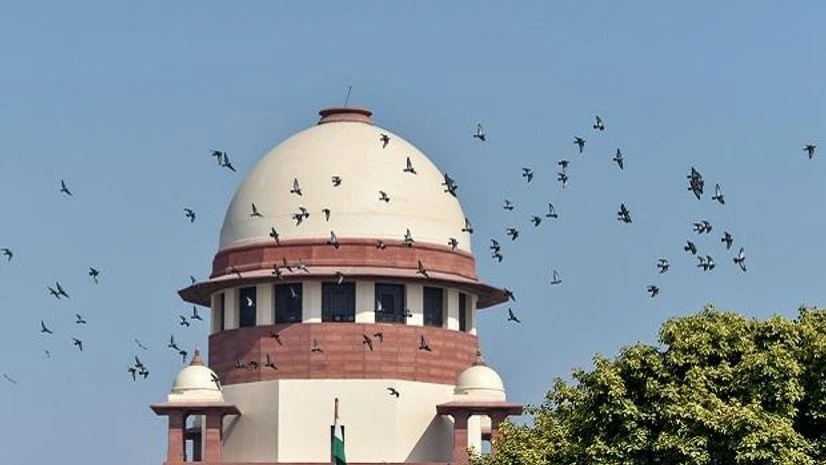Fraudulent practice to gain public employment cannot be permitted by a court of law as the abuse of legitimate process would mean deprivation of job benefits to rightful beneficiaries, the Supreme Court said on Tuesday.
The verdict came while allowing the appeal of the management of one of the entities of public sector undertaking M/s Bharat Coking Coal Ltd (BCCL) against an order of the division bench of the Jharkhand High Court asking the PSU to reinstate 38 miners, belonging from Scheduled Castes/Scheduled Tribes, with 50 per cent back wages.
It was the case of the PSU that the miners, whose names were not in the list of the Employment Exchange of the area concerned, were illegally appointed through fraudulent means in collusion with two of its employees who have already been terminated.
Upholding the termination of 38 of miners, a bench of justices S K Kaul and Hrishikesh Roy said, The reversal of the well-reasoned order of the learned Single Judge is found to be unjustified. The appeal accordingly stands allowed by setting aside the LPA judgement and restoring the decision of the learned Single Judge.
The bench referred to an earlier judgement and said that the court has the responsibility to guard against fraudulent employment, especially when such appointment is obtained by perpetuating fraud upon the authorities.
Also Read
Fraudulent practice to gain public employment cannot be countenanced to be permitted by a Court of law. The workmen here, having hoodwinked the Government Undertaking in a fraudulent manner, must be prevented from enjoying the fruits of their ill-gotten advantage.
The sanctity of public employment, as a measure of social welfare and a significant source of social mobility, must be protected against such fraudulent process which manipulates and corrupts the selection process, Justice Roy, writing the judgement for the bench, said.
The employment schemes floated by state and its instrumentalities for targeted groups can absorb a finite number of workmen only, it said.
To abuse the legitimate process therefore would mean deprivation of employment benefits to rightful beneficiaries. The Courts as sentinel of justice must strive to ensure that such employment programmes are not manipulated by deceitful middlemen, thereby setting up a parallel mechanism of Faustian Bargain, the verdict said.
Usually, the desperate job aspirants resort to fraudulent measures to compete for limited vacancies, it said, adding that the top court cannot condone false projections so as to circumvent the statutorily prescribed procedure for appointments.
Such illegal practices must be interdicted by the Courts, the bench said while setting aside the division bench judgement which had upheld the verdict of a tribunal asking the PSU to take the sacked miners back to job with 50 per cent back wages.
As per the chequered history of the case, BCCL, in 1986, had decided to recruit Scheduled Castes/Scheduled Tribes candidates in vacancies of miners/loaders and accordingly, it made requisition from the Employment Exchange for preparing the list of eligible SC/ST candidates as required under the Employment Exchange (Compulsory Notification of Vacancies) Act, 1959.
The allegation is that these 38 job aspirants, in connivance with a Dealing Assistant and a Personnel Manager of the Bhalgora Area of BCCL, dishonestly secured appointments.
When such fraudulent appointments were detected, disciplinary proceedings were initiated against the BCCL's employers who colluded to appoint these 38 miners and eventually both were removed from service, the verdict said.
Parallelly, charge memo was issued against the miners as well and they were terminated from service following the due process of law, the judgement said.
The Central Government Industrial Tribunal at Dhanbad interdicted with the termination orders and directed the BCCL to reinstate concerned workmen with 50 per cent back wages.
The Single judge bench of the High Court set aside the verdict of the tribunal.
The division bench of the High Court set aside the single judge bench verdict and concurred with the findings of the tribunal of reinstatement.
The top court reversed the findings of the division bench and the tribunal and concurred with the judgement of the single judge bench upholding the termination of the miners.
(Only the headline and picture of this report may have been reworked by the Business Standard staff; the rest of the content is auto-generated from a syndicated feed.)

)
